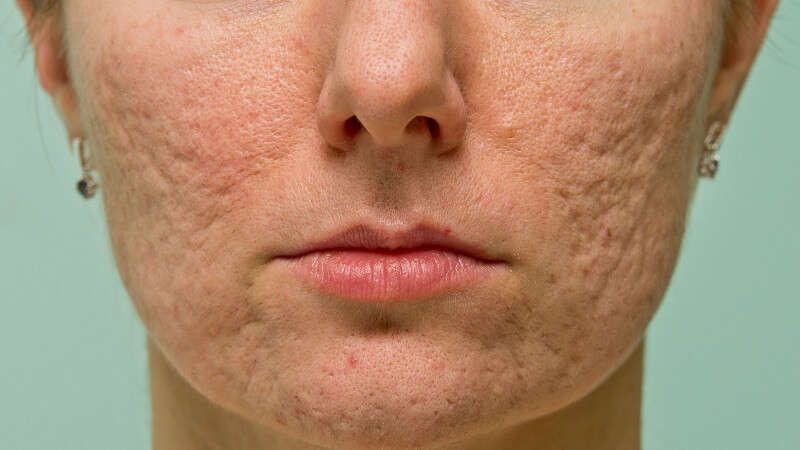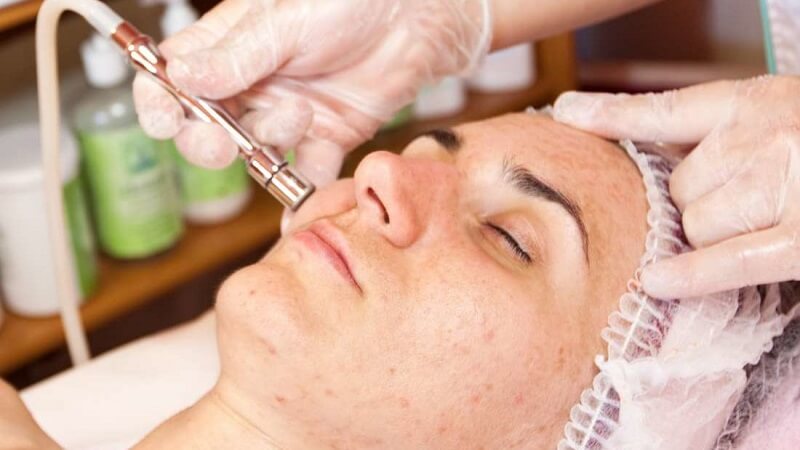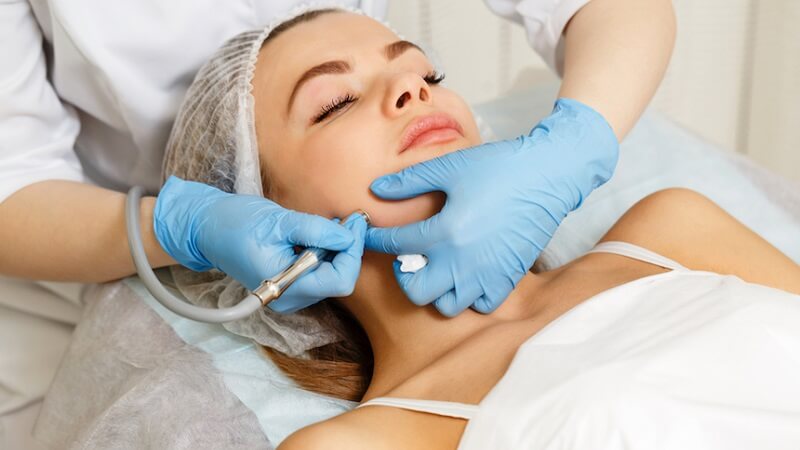What are ice pick scars? They are small v-like scars with a diameter of about 2 millimeters. They came to be identified as ice-pick due to their shape, which looks like a sharp object. Since they are skin disease, people who want to treat them often consult a dermatologist. There are also natural remedies to this condition, but the Centre for Disease Control is yet to clear them as useful. Are you wondering how to treat and prevent these scars? Well, scroll on to learn some of the possible causes, treatment, and prevention options for ice pick scars.
Causes

Generally, acne develops when there is a blockage of skin pores. However, you may wonder what contributes to skin pores blockage. Several factors come in play: the skin might release abnormal cells, the oil glands may overreact, and there might be a proliferation of acne. When your body is experiencing hormonal changes or hormone imbalance, you are most likely to suffer from acne. It explains why it is versatile in pregnant women, during perimenopause, and at puberty.
Available Treatment Options

There is no single sure method of treating acne. However, your dermatologist can recommend resurfacing procedures or surgery depending on the acne condition. Instead of using natural over-the-counter techniques, consult your dermatologist as he will help you weigh the cons and pros of the following treatment techniques.
- Punch Grafting
Do you have deep acne scars? Your dermatologist might recommend the use of punch grafting. It is the best available treatment option for acne. A dermatologist takes a skin graft and covers the scar with it. However, it has some downsides. You need multiple skin grafts for a single scar, sometimes up to 20.
- Punch Excision
In this technique, a dermatologist cuts out the ice pick scar and performs the excision process. He then closes all the sides of your skin. While it is an effective method of treatment, it is not the most popular among the patients. The process leaves you with a thin scar left on your skin. Surely, no one likes scars on their skins. Also, it does not remove all skin coloration. Therefore, you will be left with skin pigments. If you don’t like this method, you can try the next process.
- Micro-needling
It involves puncturing the skin top layer by use of multiple fine needles. The idea is to stimulate the production of collagen and elastic. Therefore, your dermatologist uses needles to create various tiny holes in your skin, which in turn peels epidermis and mid-dermis layers. In so doing, epidermis and dermis help in the production of collagen. It is the most popular treatment compared to others. Despite being affordable, it has less skin side effects.
Acne Prevention

is not always possible. Treating it as it occurs is the surest way to ensure that it won’t re-occur in the future. However, after treating it, you can adhere to the following steps to help prevent a future outbreak. It is also effective in preventing those who have never contracted acne from contracting it in the future.
- Strictly don’t pick, touch, pop, or scratch acne lesions.
- Don’t stop treatment until your dermatologist gets contented that acne is cleared.
- Don’t use harsh soaps on your skin. Scrub your skin gently.
- If your hair is oily, wash it with shampoo.
- Use oil-free products on your skin.
Conclusion
Most severe acne may never be erased entirely even after treatment. However, its appearance can decrease if the right treatment is used over time. As such, you should consult your dermatologist for advice on the best approach to use.
Entertales is on YouTube, Click here to subscribe for latest videos and updates.














